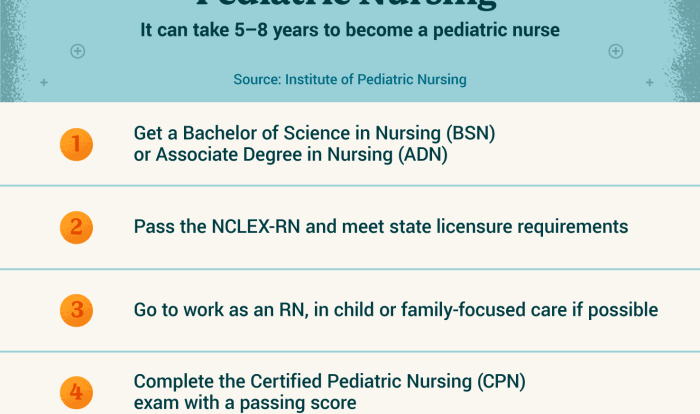A nurse is preparing a client’s evening dose of risperidone, a medication used to treat schizophrenia and bipolar disorder. The nurse must ensure the correct dosage, timing, and administration of the medication to maximize its therapeutic benefits and minimize potential adverse effects.
This guide will provide a detailed overview of the nurse’s responsibilities in preparing and administering risperidone, including client assessment, medication preparation, administration, documentation, and client education.
Introduction: A Nurse Is Preparing A Client’s Evening Dose Of Risperidone

Risperidone is an atypical antipsychotic medication used to treat schizophrenia, bipolar disorder, and other psychiatric conditions. The client’s evening dose of risperidone is intended to provide sustained symptom control throughout the night and into the following morning.
Nursing Responsibilities

Preparing the Medication
The nurse is responsible for accurately calculating the dosage, retrieving the correct tablets from the pharmacy, and verifying the medication order with a second nurse or pharmacist.
Administering the Medication, A nurse is preparing a client’s evening dose of risperidone
The nurse should administer risperidone orally, with or without food. The medication should be given at the prescribed time, and the client should be monitored for adverse effects.
Client Assessment
Prior to medication administration, the nurse should assess the client’s:
- Mental status, including mood, affect, and thought processes
- Physical condition, including vital signs, weight, and hydration
- Behavioral observations, including agitation, aggression, or withdrawal
Medication Preparation

- Verify the medication order and calculate the dosage.
- Retrieve the correct tablets from the pharmacy and verify the medication with a second nurse or pharmacist.
- Place the tablets in a medication cup and label it with the client’s name, date, and time.
- Store the medication in a secure location until it is time for administration.
Medication Administration

- Identify the client and verify the medication order.
- Explain the purpose of the medication to the client and answer any questions.
- Administer the medication orally, with or without food.
- Monitor the client for adverse effects, such as dizziness, nausea, or drowsiness.
Documentation and Education
The nurse should document the medication administration in the client’s medical record, including the date, time, dosage, and route of administration. The nurse should also provide client education on risperidone, including its purpose, side effects, and storage instructions.
Essential FAQs
What is the purpose of risperidone?
Risperidone is used to treat schizophrenia and bipolar disorder by reducing symptoms such as hallucinations, delusions, disorganized thinking, and mood swings.
How is risperidone administered?
Risperidone is typically taken orally, once or twice a day, with or without food.
What are the potential side effects of risperidone?
Common side effects of risperidone include drowsiness, dizziness, nausea, vomiting, and constipation.
What should nurses monitor for when administering risperidone?
Nurses should monitor clients for potential adverse effects, such as extrapyramidal symptoms (e.g., tremors, rigidity, akathisia), tardive dyskinesia, and neuroleptic malignant syndrome.
